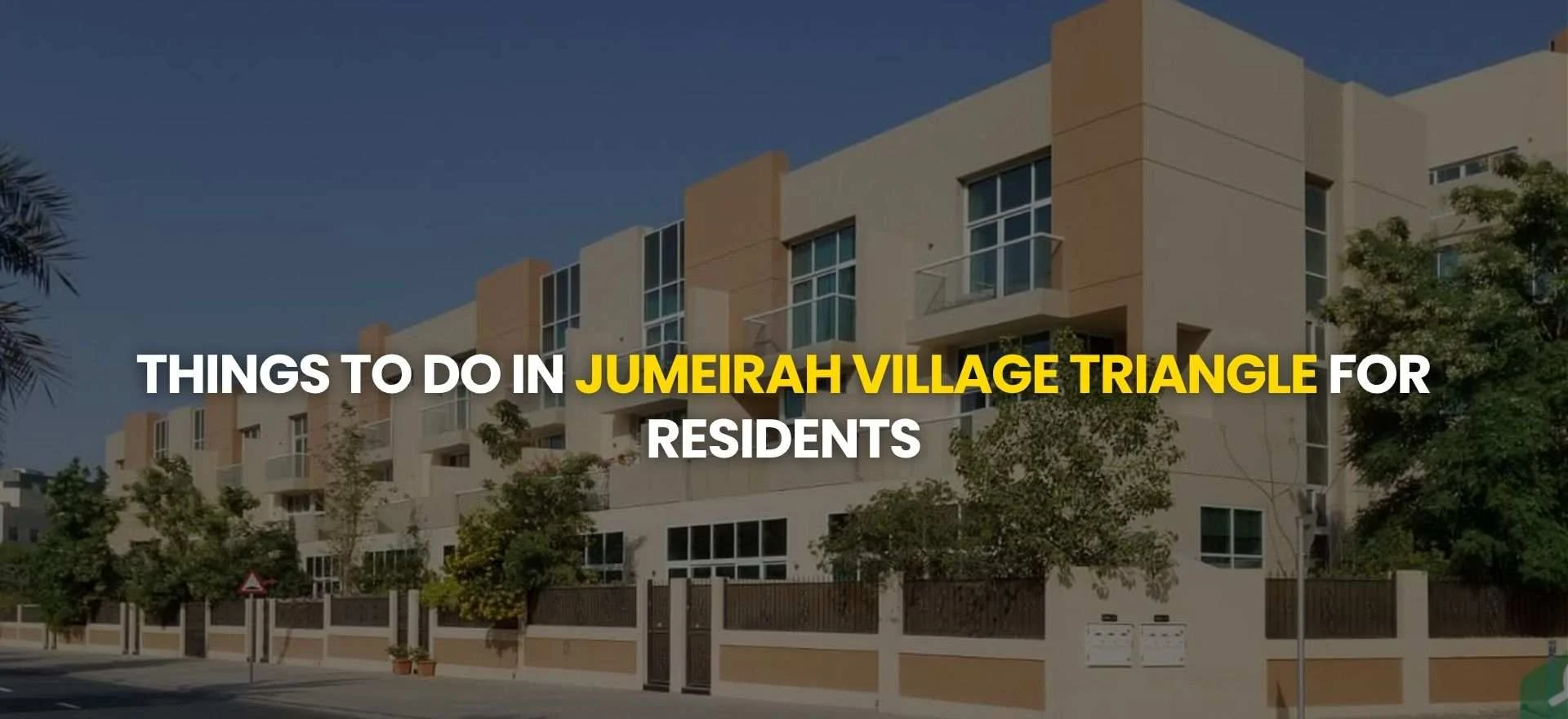- Introduction: Dubai’s Real Estate Landscape in 2024
- Emerging Market Trends Shaping Dubai’s Real Estate Future
- Technological Innovations Transforming Real Estate Companies
- Regulatory Changes and Their Impact on Dubai’s Real Estate Sector
- Emerging Investment Opportunities in Dubai’s Real Estate Market
- Challenges Facing Real Estate Companies in Dubai
- The Future Workforce of Dubai’s Real Estate Industry
- Conclusion: Preparing for Success in Dubai’s Future Real Estate Landscape
Introduction: Dubai’s Real Estate Landscape in 2024
Dubai’s real estate market has always been a global focal point, known for its rapid growth, luxury developments, and innovative architectural feats. As we move into 2024, the market continues to evolve, driven by emerging trends and technological advancements. For any real estate company in Dubai, UAE, staying ahead in this dynamic environment is crucial. With increasing demand for sustainable developments, smart technologies, and diverse living spaces, the future of real estate in Dubai is poised for significant transformation.
Emerging Market Trends Shaping Dubai’s Real Estate Future
Sustainable and Eco-Friendly Developments:
As global awareness of environmental issues grows, the demand for sustainable and eco-friendly properties in Dubai is rising. Developers are increasingly incorporating green building standards and energy-efficient designs to meet this demand. Luxury property in Dubai is no longer just about opulence; it’s about sustainability. Buyers are seeking eco-friendly apartments in Dubai that offer not only comfort but also align with global environmental goals.
Smart Home Technologies and IoT Integration:
The integration of smart home technologies and the Internet of Things (IoT) is revolutionising the way properties are managed and lived in. From automated climate control to advanced security systems, these technologies are becoming standard in new developments. For those looking to buy property in Dubai, the inclusion of smart home features is becoming a significant selling point, offering convenience, security, and energy efficiency.
Rise of Mixed-Use Developments:
Mixed-use developments that combine residential, commercial, and recreational spaces are gaining traction in Dubai. These community-centric projects cater to the growing demand for live-work-play environments, particularly in neighbourhoods like Jumeirah Village Circle. Pantheon Development, a leading real estate company in Dubai, UAE, is at the forefront of creating such vibrant communities, offering luxury apartments in Dubai that are part of larger, integrated developments.
Flexible and Co-Living Spaces:
The concept of flexible living and co-living spaces is becoming more popular, especially among younger professionals and expatriates. These spaces offer affordability, community, and convenience, making them an attractive option for those seeking a flat in Dubai. This trend is expected to continue growing, with more developers incorporating flexible living arrangements into their projects.
Technological Innovations Transforming Real Estate Companies
AI and Machine Learning in Property Valuation:
Artificial Intelligence (AI) and machine learning are transforming property valuation and market analysis. These technologies enable real estate companies to analyse vast amounts of data quickly and accurately, providing insights into property trends, pricing, and demand. For investors looking to buy property in Dubai, AI-driven tools offer a more precise understanding of the market, helping them make informed decisions.
Virtual and Augmented Reality for Property Showcasing:
Virtual and augmented reality (VR/AR) are revolutionising how properties are showcased. Prospective buyers can now take virtual tours of apartments in Dubai without physically visiting the site. This technology enhances the buying experience, allowing potential investors to explore properties from anywhere in the world.
Blockchain for Secure Transactions:
Blockchain technology is being adopted to ensure secure and transparent real estate transactions. By enabling tamper-proof records of property ownership and transactions, blockchain enhances trust and reduces the risk of fraud. This is particularly beneficial in Dubai’s luxury property market, where high-value transactions are common.
Big Data Analytics for Customer Personalization:
Big data analytics is playing a critical role in personalising the customer experience. By analysing customer preferences and behaviours, real estate companies can tailor their offerings to meet individual needs. This is especially relevant in the luxury property sector, where buyers expect a personalised and bespoke service.
Regulatory Changes and Their Impact on Dubai’s Real Estate Sector
Foreign Ownership Laws:
Recent updates to foreign ownership laws have made it easier for non-residents to invest in Dubai properties. These changes have expanded the market, attracting more international investors looking for Dubai investment properties. The ability to buy property in Dubai with full ownership rights has significantly boosted investor confidence.
Sustainability Regulations:
New sustainability regulations and green building standards are being enforced, pushing developers to adopt eco-friendly practices. This shift not only aligns with global environmental goals but also enhances the value of properties that meet these standards. As a result, green buildings are becoming a key feature in the luxury property market in Dubai.
Tax Policies and Government Initiatives:
Dubai’s favourable tax policies, including zero income tax and no capital gains tax, continue to attract investors. Additionally, government initiatives aimed at boosting foreign investment, such as long-term visas for property investors, are making Dubai an even more attractive destination for real estate investment.
Emerging Investment Opportunities in Dubai’s Real Estate Market
Growth in Specific Neighbourhoods:
Certain neighbourhoods in Dubai, such as Dubai South and Jumeirah Village Circle, are witnessing significant growth. These areas offer a range of properties, from affordable flats in Dubai to luxury apartments, making them attractive to a wide range of investors. Pantheon Development is actively involved in these areas, offering properties that cater to both end-users and investors.
Niche Markets:
Niche markets such as senior living, student housing, and co-living spaces are gaining traction. These segments offer unique investment opportunities, particularly as Dubai’s population becomes more diverse. Real estate companies are beginning to explore these niches, providing specialised housing solutions that meet specific demographic needs.
Commercial and Industrial Real Estate:
The commercial and industrial real estate sectors are also seeing growth, driven by Dubai’s expanding economy and strategic location as a global business hub. Investors looking to diversify their portfolios may find lucrative opportunities in these sectors.
REITs and Crowdfunding Platforms:
The rise of Real Estate Investment Trusts (REITs) and crowdfunding platforms is opening up new avenues for investors. These platforms allow individuals to invest in Dubai properties with lower capital requirements, making real estate investment more accessible.
Challenges Facing Real Estate Companies in Dubai
Adapting to Consumer Preferences:
Consumer preferences are rapidly changing, with a growing demand for sustainable, smart, and flexible living spaces. Real estate companies must stay agile, adapting their offerings to meet these evolving needs.
Balancing Supply and Demand:
Maintaining a balance between supply and demand is crucial in a dynamic market like Dubai. Developers must carefully plan their projects to avoid oversupply, which can lead to decreased property values and rental yields.
Economic Uncertainties:
Global economic uncertainties, such as fluctuations in oil prices and geopolitical tensions, can impact Dubai’s real estate market. Companies need to develop strategies to mitigate these risks and ensure long-term stability.
Affordability Concerns:
While Dubai is known for its luxury properties, there is a growing need for more affordable housing options. Real estate companies must address this demand to remain competitive in the market.
The Future Workforce of Dubai’s Real Estate Industry
Evolving Skill Sets:
As the industry becomes more technology-driven, real estate professionals will need to develop new skills, including data literacy, digital marketing, and sustainability expertise. These skills are essential for navigating the future landscape of Dubai’s real estate market.
AI and Automation:
AI and automation are expected to reshape job roles within the industry. While some tasks may become automated, there will be a growing demand for professionals who can manage and interpret AI-driven tools.
Sustainability Expertise:
With the increasing focus on green buildings and sustainable developments, expertise in sustainability will become a critical asset for real estate professionals. Companies that prioritise sustainability will likely see greater success in the long term.
Conclusion: Preparing for Success in Dubai’s Future Real Estate Landscape
As Dubai’s real estate market continues to evolve, the key to success for real estate companies lies in adaptability and innovation. By embracing new technologies, understanding emerging trends, and addressing challenges head-on, companies can position themselves for growth and success in 2024 and beyond. For investors, Dubai remains a prime destination, offering a range of opportunities from luxury properties to emerging niche markets. The future of real estate in Dubai is bright, and with the right strategies, both companies and investors can thrive in this dynamic market.




